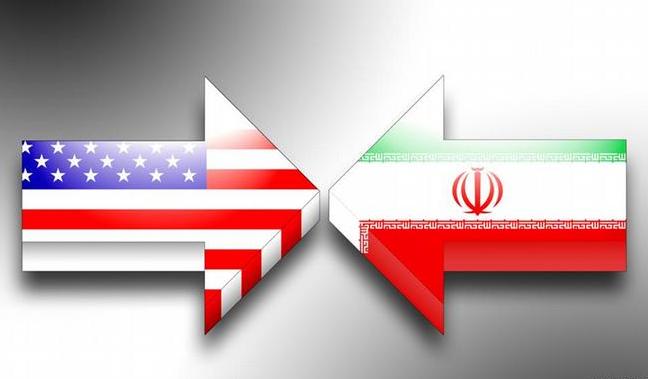ID :
496722
Sun, 07/01/2018 - 14:07
Auther :
Shortlink :
https://oananews.org//node/496722
The shortlink copeid
US to be defeated if attack Iran: Foreign Policy

Tehran, July 1, IRNA – US Army commanders and defense secretary say that, regarding the decrease in military readiness in the US military, if it attacks Iran, it will be defeated, wrote Foreign Policy (FP).
'[United States Secretary of Defense James Mattis and his closest advisors] believe the continued deterioration in force readiness — units that cannot deploy, aircraft that cannot fly, and ships that run into each other — could mean that the US military could “lose the next war they are called on to fight. Including, presumably, a war with Iran,' wrote Mark Perry in FP on Friday.
'After all, being ready for a war is not the same thing as actually wanting one — and, when it comes to fighting Iran, it’s clear that an increasing number of senior U.S. military leaders, including Mattis himself, don’t.'
Perry continued, 'The Trump administration’s civilian officials, who increasingly have the president’s ear, are another matter. Most prominently, the administration’s new national security advisor, John Bolton, has long argued that the only way to ensure that Iran does not get a nuclear weapon is to force regime change on the country — by bombing it. He’s not alone.'
Foreign Policy added that since taking on his new job, Bolton has stripped the National Security Council of his predecessor’s more moderate advisors, replacing them with interventionist hard-liners, including Fred Fleitz, an ex-CIA analyst and anti-Muslim activist Frank Gaffney’s Center for Security Policy.
'Mattis, by contrast, sees things from the perspective of someone responsible for doing the striking.'
Like many other Marines, Mattis nurses an anti-Iran grudge … But condemning Iran and pushing for a war with it are two different things.
According to US senior military officers Mattis’s anxiety has increased in the intervening years particularly since he’s become secretary of defense — and since the appointment of Bolton, whose arrival at the White House has coincided with his own marginalization in Trump’s national security decision-making.
FP wrote that about 30 percent of US Air Force aircraft are not mission capable, the service is experiencing a shortfall in experienced pilots by some 2,000, and maintenance crew capabilities have deteriorated.
'In 2016, Army Vice Chief of Staff Daniel Allyn conceded that only one-third of his force is at “acceptable levels of readiness.'
in January of this year, a group of influential Navy officers expressed fears at an American Enterprise Institute war game, that is, the Navy is “too small, too old, and too tired” to carry out its mission requirements.
Meanwhile, in 2016, Marine General John Paxton reported that half of all US Marine units were “suffering from some degree of personnel, equipment, or training shortfalls.”
Retired Army Lt. Gen. James Dubik, a senior fellow at the Institute for the Study of War and a former professor at Georgetown University’s Security Studies Program (and one of the Army’s most sophisticated strategic thinkers), argued that a conflict with Iran would not be confined to a US attack — or Iran’s immediate response. Tehran, he said, would not surrender. “We should not go into a war with Iran thinking that they will capitulate,” he argued.
John Allen Gay, the co-author of the 2013 book War with Iran, said that Foreign policy wrote while an overwhelming airstrike may end the war for us, it will not end it for Iran; their unconventional capabilities favor them.
Gay said, 'All of this has to be factored in: Even if we destroy their nuclear capabilities, we will have to ask whether it will be worth it.'
1378/IRNA





